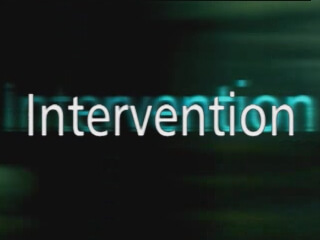You may have watched young people struggle with addiction on A&E’s popular show Intervention. But what happens when that young person is no longer just a figure on television but a friend or family member? A situation that is close to home can be a frightening realization. However, it’s important to remain calm and collected when creating an action plan to help your loved one who may be suffering from addiction.
Understand the warning signs of addiction.
Addiction can affect a person physically, mentally, emotionally and personally. Changes within their sleeping patterns, eating habits, physical appearance, and their relationships can be signs that a person is suffering from addiction.
According to Todd Welch, the director of outreach at Gatehouse Academy, a treatment center for young adults ages 17 to 28, signs of addiction for college students may include a change of friends, stealing money, and possibly being arrested. “Their manageability may change. They may become manipulative, depressed, and even anxious.”
By noticing specific changes, you can gain more information needed to help him or her. This will also help you to learn whether they need an intervention or not.
Contact a certified counselor.
If you suspect that a friends drinking or drug habit is becoming more than a once-in-a-while occurrence, contact that person’s family and call a certified intervention counselor to get more advice and information. Knowing everything you can about addiction will help you understand the steps you can take to help.
“If you think an intervention needs to be done, contact an interventionist who you can talk with and who can assess whether there needs to be one or not,” says Welch, who has worked as an interventionist for the past four years. “You have to be careful because with addiction, many people don’t believe they need help.”
Prepare for an intervention.
Once you have seen the signs that may confirm your loved one’s addiction and have spoken with a counselor, you may need to prepare for an intervention.
Set up a room for your loved one at a rehab center that he or she will be able to go to directly after the intervention. A person will need to seek help with a rehabilitation center right away. Ask a counselor for suggested locations, or look online for one that will meet your loved one’s exact needs.
“The rehab center should be far enough away to give them an experience free of addiction,” says Welch. “Long term programs are better for young adults. They need a program that will prevent them from going back, and will be a combination of therapy and clinical services and even life skills.”
Interventions can help control the addiction before it controls your loved one. Follow this action plan to understand what you can do before it is too late.
For more information regarding interventions, counselors, and rehabilitation centers, contact Todd Welch at (888)-703-0905 or visit the Gatehouse Academy at gatehouseacademy.com.



















